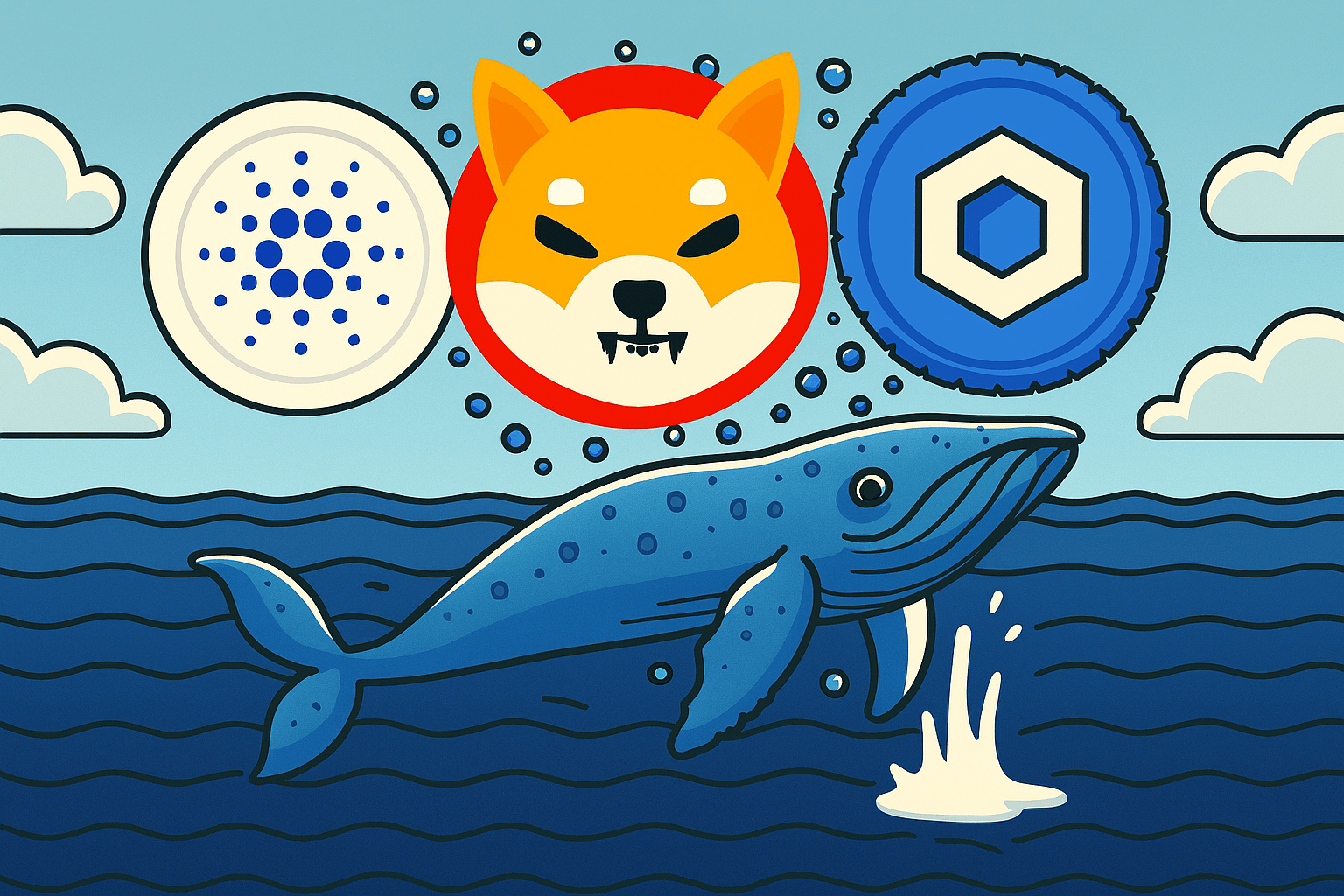SUI Price Surge amid Market Downturn - What's Next?

The SUI token has demonstrated remarkable resilience, reaching an all-time high (ATH) of $5.35 on January 6, 2025. Over the past 24 hours, it has risen by +10%, reaching a current price of $5.10, despite a broader market downtrend affecting most major cryptocurrencies. This weekly gain of +18% highlights SUI's ability to defy market trends and maintain its bullish trajectory. Here is a breakdown of SUI's performance over the past months leading to this day with a brief SUI price prediction and future outlook of what lies ahead for this top-performing token.

1- SUI Ranks Climb: From Rank 21 to Top 12 in Three Months
SUI market performance has propelled it from 21st to 12th place in just three months. During this period, the token transitioned from struggling to surpass $1.83 to consistently trading above $5, with a market cap of $15.34 billion.
This rise has led to discussions about whether SUI can break into the top 10 cryptocurrencies. If the current momentum continues, SUI’s potential to reach $10 could further solidify its market position.

2- SUI Price Surge: Outperforming Amid Market Downturn
SUI’s ascent comes at a time when the broader cryptocurrency market faces challenges. The global market cap has declined by over 3.3% in the last 24 hours, with leading assets like Bitcoin retreating from recent highs. This downtrend has affected most major tokens, yet SUI has secured an 18% gain on this difficult week for the crypto market, maintaining its gains records of 148% in the past three months and 572% in the last six months, and by that underscoring its resilience and investor confidence.

3- SUI Momentum's Key Drivers
1. Ecosystem Expansion
SUI ecosystem has grown significantly, with its Total Value Locked (TVL) surpassing $2 billion, indicating increased network usage and investor confidence.
2. Advancements in Technology
The adoption of innovations like SCION has enhanced the SUI security and scalability, contributing to its appeal among developers and users.
3. Active Market Participation
Increased trading volumes and whale activity have fueled SUI price movements. Notably, the fear of liquidation risks spurred increased buy-ins, bolstering its price and ensuring its performance even in challenging market conditions.
4- SUI Token Unlock: Risk or Opportunity?
On February 1, 2025, 64.19 million SUI tokens (approximately 2.13% of the circulating supply) are set to be unlocked. Token unlock events often bring volatility, but strong demand could offset potential selling pressure, ensuring price stability or even further growth.

5- SUI Price Prediction and Future Outlook
SUI’s consistent growth trajectory, coupled with its ability to outperform during challenging market conditions, positions it as a contender for higher rankings. With year-to-date gains of +24% -in just 10 days- and a six-month growth rate of over +572%, the possibility of surpassing its recent ATH and reaching $10 appears plausible.

As the SUI token approaches new milestones, questions remain: Will SUI price sustain its momentum, navigate challenges posed by increased liquidity, and secure a spot in the top 10 cryptocurrencies?
SUI Price Surge amid Market Downturn - What's Next?

The SUI token has demonstrated remarkable resilience, reaching an all-time high (ATH) of $5.35 on January 6, 2025. Over the past 24 hours, it has risen by +10%, reaching a current price of $5.10, despite a broader market downtrend affecting most major cryptocurrencies. This weekly gain of +18% highlights SUI's ability to defy market trends and maintain its bullish trajectory. Here is a breakdown of SUI's performance over the past months leading to this day with a brief SUI price prediction and future outlook of what lies ahead for this top-performing token.

1- SUI Ranks Climb: From Rank 21 to Top 12 in Three Months
SUI market performance has propelled it from 21st to 12th place in just three months. During this period, the token transitioned from struggling to surpass $1.83 to consistently trading above $5, with a market cap of $15.34 billion.
This rise has led to discussions about whether SUI can break into the top 10 cryptocurrencies. If the current momentum continues, SUI’s potential to reach $10 could further solidify its market position.

2- SUI Price Surge: Outperforming Amid Market Downturn
SUI’s ascent comes at a time when the broader cryptocurrency market faces challenges. The global market cap has declined by over 3.3% in the last 24 hours, with leading assets like Bitcoin retreating from recent highs. This downtrend has affected most major tokens, yet SUI has secured an 18% gain on this difficult week for the crypto market, maintaining its gains records of 148% in the past three months and 572% in the last six months, and by that underscoring its resilience and investor confidence.

3- SUI Momentum's Key Drivers
1. Ecosystem Expansion
SUI ecosystem has grown significantly, with its Total Value Locked (TVL) surpassing $2 billion, indicating increased network usage and investor confidence.
2. Advancements in Technology
The adoption of innovations like SCION has enhanced the SUI security and scalability, contributing to its appeal among developers and users.
3. Active Market Participation
Increased trading volumes and whale activity have fueled SUI price movements. Notably, the fear of liquidation risks spurred increased buy-ins, bolstering its price and ensuring its performance even in challenging market conditions.
4- SUI Token Unlock: Risk or Opportunity?
On February 1, 2025, 64.19 million SUI tokens (approximately 2.13% of the circulating supply) are set to be unlocked. Token unlock events often bring volatility, but strong demand could offset potential selling pressure, ensuring price stability or even further growth.

5- SUI Price Prediction and Future Outlook
SUI’s consistent growth trajectory, coupled with its ability to outperform during challenging market conditions, positions it as a contender for higher rankings. With year-to-date gains of +24% -in just 10 days- and a six-month growth rate of over +572%, the possibility of surpassing its recent ATH and reaching $10 appears plausible.

As the SUI token approaches new milestones, questions remain: Will SUI price sustain its momentum, navigate challenges posed by increased liquidity, and secure a spot in the top 10 cryptocurrencies?

